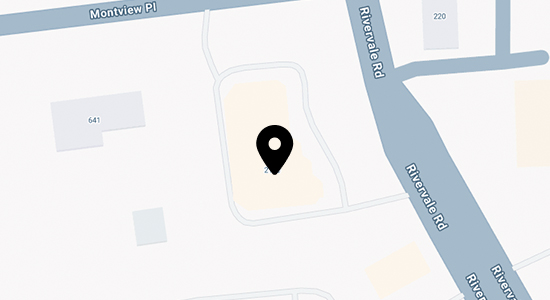Same Sex Marriages, Civil Unions and Domestic Partnerships in River Vale
While same-sex marriage has been legal for several years in New Jersey and nationwide, some novel and difficult issues related to same-sex divorce continue to be considered by the courts. Those going through a same-sex divorce should be aware of these issues and the various possible outcomes that may result.
History of Same-Sex Marriage in New Jersey
New Jersey recognized same-sex marriage in October 2013, prior to the U.S. Supreme Court decision in the case of Obergefell v. Hodges (2015), which recognized gay marriage nationally. Before Obergefell v. Hodges, many same-sex couples who did not have access to marriage opted for civil unions or domestic partnerships instead. Under New Jersey’s Civil Union law, which has been in place since 2007, same-sex couples receive the same legal benefits and protections and are subject to the same legal responsibilities provided under New Jersey law as married couples. Couples who choose to enter into or remain in civil unions as opposed to marriage will continue to be treated no differently than married couples in New Jersey, but at this time they cannot expect to receive all of the federal benefits available to married couples. Prior to civil unions, New Jersey established domestic partnership laws in 2004. Domestic partnership granted limited rights to registered domestic partners, including certain health care, insurance and state pension rights, the right to file a joint state tax return, and the right to inherit from a partner without a will.
Just as same-sex couples are afforded the right to marry, they are also afforded the right to divorce. However, given the history of changing rights that unfolded over a period of years at the state and national level, there are still some legal issues in which the answers may not be clearly defined during a same-sex divorce in New Jersey.
Same-Sex Divorce Issues
One issue that has not been fully litigated is whether a court will view a marriage as having started on the date a couple chose to be married or the date same-sex marriage was recognized by the state. This issue may arise in the context of alimony and spousal support, which takes into account the duration of the marriage as a factor.
Another common issue in same-sex divorces is how to handle child custody and child support. In some instances, only one parent will have adopted the child or be considered to have a legal relationship with the child by virtue of being the child’s biological parent. This could pose complications, as the non-adoptive/non-biological parent may want to continue to have a relationship with the child, but they may not have the legal footing to petition a court for custody or placement.
Terminating Same-Sex Marriages, Civil Unions and Domestic Partnerships in New Jersey
Regardless of where you entered into your marriage, civil union, or domestic partnership, you may be able to terminate it in New Jersey as long as one partner has been a resident of the state for at least one year. The grounds for terminating a marriage, a civil union, or a domestic partnership are all the same in New Jersey.
The procedure for terminating a civil union in New Jersey is essentially the same as the procedure for divorce. Issues may include spousal support, child support, custody and equitable distribution of property acquired during the civil union.
The procedure for terminating a domestic partnership in New Jersey is similar to the procedure for divorce. Termination can include issues of child custody, child support, temporary support pending the termination, palimony and division of property and debts. A domestic partnership automatically terminates if the couple enters a marriage or civil union with each other.
Call a New Jersey LGBTQ Divorce Lawyer
If you are contemplating a same-sex divorce, you should hire legal counsel that has been closely monitoring this area of law. There are many novel legal questions that can arise in these cases, many of which have not yet been identified. This means that there may not be a clear rule for the court to follow. In these circumstances, you need an attorney with extensive experience in family law who can make compelling legal arguments to the court that are in your best interests.
Contact The Law Office of Joseph A. DiPiazza, LLC at (201) 494-2800 to schedule a legal consultation.


